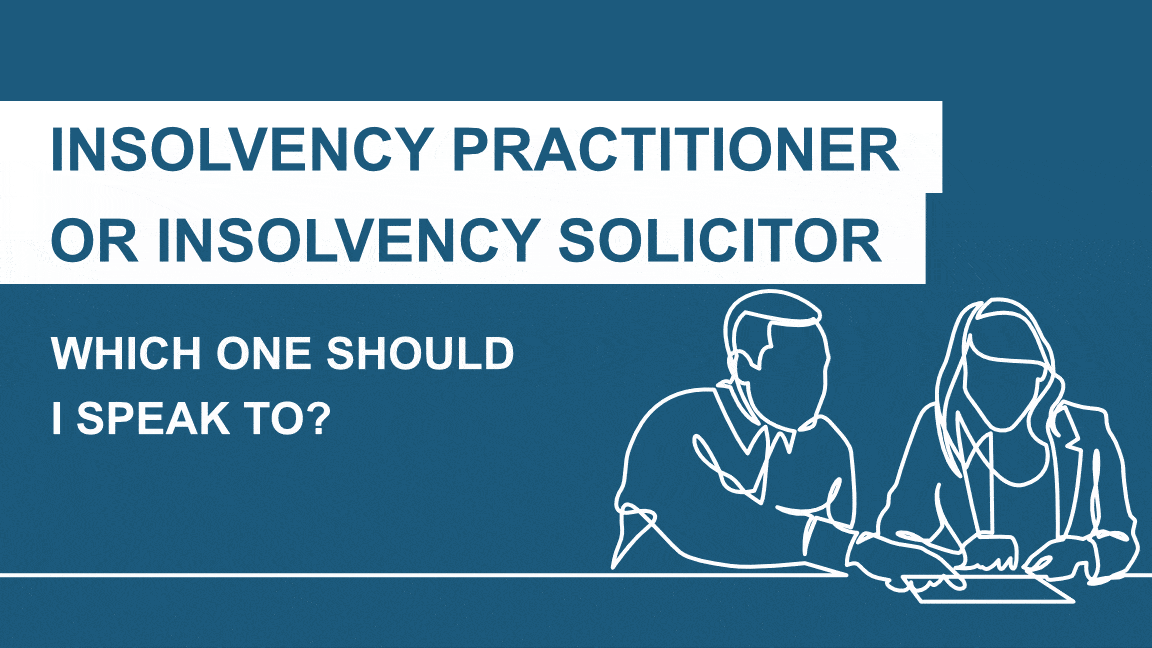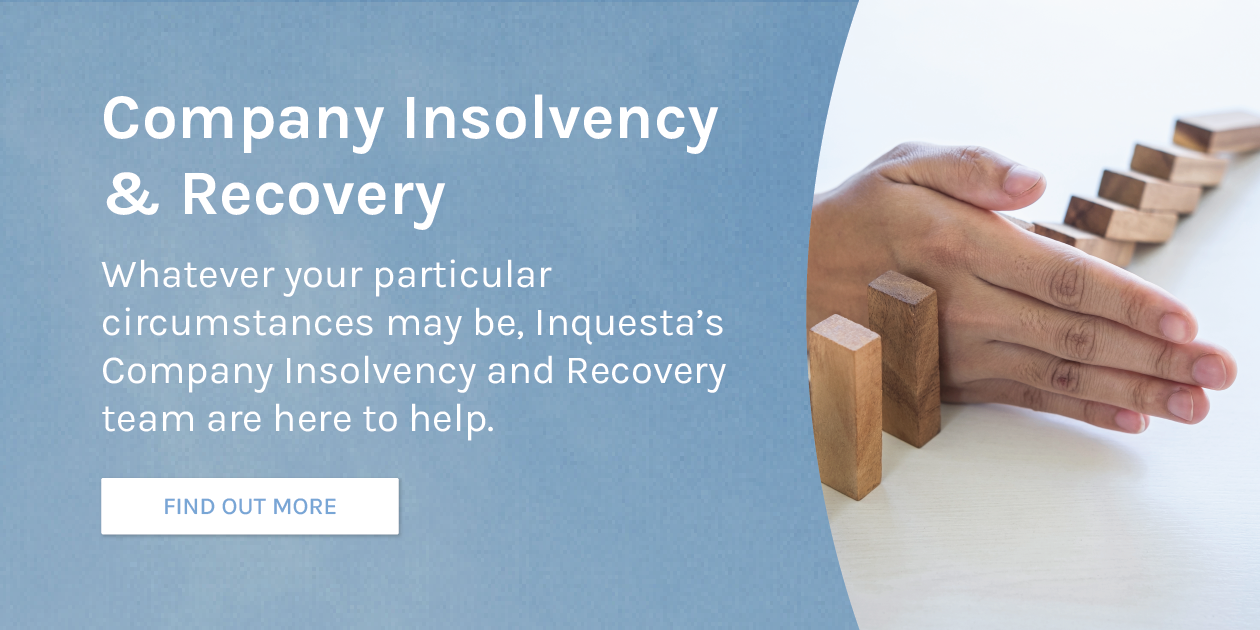Top Guidelines Of Insolvency Practitioner
Top Guidelines Of Insolvency Practitioner
Blog Article
A Biased View of Insolvency Practitioner
Table of ContentsThe Of Insolvency PractitionerWhat Does Insolvency Practitioner Do?Some Known Incorrect Statements About Insolvency Practitioner The Single Strategy To Use For Insolvency PractitionerSome Of Insolvency Practitioner
Whether or not you require to make use of an insolvency specialist (IP) to liquidate your company depends on numerous variables. While involving a bankruptcy professional for all forms of liquidation is not a legal demand, doing so can usually improve the process and ensure conformity with legal requirements. Liquidating a company is a crucial decision that includes considerable repercussions.
It is a procedure made use of when a firm does not have any creditors, or all of their creditors can be settled completely with statutory passion. Recognizing the various types of insolvency procedures can assist you figure out the most effective training course of activity for your business's liquidation or other formal bankruptcy treatments itself.
This is mandatory in order to follow lawful needs - Insolvency Practitioner. This is since IPs have the required qualifications and experience to make sure that the liquidation process is conducted according to all applicable legislations and laws. By involving a certified insolvency expert, you can have satisfaction knowing that your company's liquidation procedure will certainly be handled skillfully and in compliance with the appropriate legal demands
A Biased View of Insolvency Practitioner
The bankruptcy professional is assigned as a liquidator and is in charge of managing the business and liquidator's financial obligations exceptional responsibilities and possessions. This process entails marketing off the business's properties and dispersing the earnings to financial institutions. Upon conclusion of the procedure, the company is gotten rid of from the register at Business Residence.
Failing to do so can result in personal obligation for the business or director for the financial institution's financial obligations. Volunteer liquidation, which consists of Financial institutions' Volunteer Liquidation (CVL) and Members' Voluntary Liquidation (MVL), is launched by the firm's supervisors and investors when they can no longer pay their financial debts. In a CVL, the insolvency professional is assigned as the liquidator, in charge of handling business financial obligations and all firm possessions.

Insolvency Practitioner - An Overview
By evaluating the knowledge and experience of potential bankruptcy practitioners, you can guarantee that you select a practitioner who has the required credentials to manage your firm's liquidation process effectively. While check over here bankruptcy practitioner-led liquidation is frequently one of the most proper program of action for firms encountering insolvency, there are alternative techniques to think about, such as striking off and partial liquidation.
It's vital to evaluate all available choices prior to selecting the next ideal service or training course of activity for your company. Striking off companies' registers is a more straightforward and affordable way to shut dormant or small firms without any financial obligations or assets. To strike off a business, its name is removed from the Firms House register by sending form DS01.
Before going with striking off, it's vital to evaluate the benefits and downsides of this method and consider whether it's the best selection for your company. Partial liquidation is an additional option to bankruptcy practitioner-led liquidation, in which a business sells off certain assets and obligations while remaining to operate with the continuing to be assets and obligations.
A Bankruptcy Expert will certainly have the ability to recommend you of the best strategy to take and make certain that every little thing runs efficiently. Sadly, it is not possible to liquidate a business without a liquidator. Appointing an authorized bankruptcy specialist is needed for the process of voluntary liquidation to start.
Insolvency Practitioner Things To Know Before You Buy
It is possible to shut and liquidate your company without using a liquidator, supplied your firm is solvent and you meet the eligibility requirements to liquify or liquidate it. Nonetheless, if your firm is insolvent, you might be required to use a liquidator and begin official bankruptcy treatments. Below are a few other informative short articles pertaining to business liquidation in the UK:.
Being in a position where you're not able to pay your company's creditors is incredibly demanding. In an attempt to stay clear of enhancing the level of debt, numerous firms try to bargain directly with their financial institutions and consent to an informal plan. If the debt is quite small and owed to one financial institution, and the financial institution is being cooperative, becoming part of an casual financial obligation arrangement is possibly the ideal remedy, as opposed to searching the internet for 'an insolvency practitioner near me'.
On the other hand, if there are multiple financial institutions and the level of financial obligation is big, lenders might not be so eager or participating. To avoid liquidation or personal bankruptcy, it is better to work with an insolvency professional to create official propositions and work out with creditors in your place.
Little Known Questions About Insolvency Practitioner.
Whilst it is a visit this site right here means to manage financial obligation, you can try these out there are significant threats involved with this sort of debt plan - Insolvency Practitioner. If a financial institution is ready to become part of an informal plan (IA) where the borrower has accepted make routine, if lower, settlements to repay the debt, it is very important to adhere to the agreement

The creditor is within their rights to back out of the agreement and request the courts for your firm to be sold off at any time. An official plan that has actually been suggested by an insolvency specialist in your place, and concurred by a creditor, offers a much more secure alternative.
Report this page